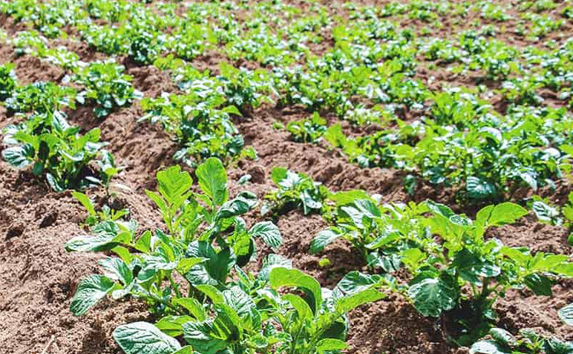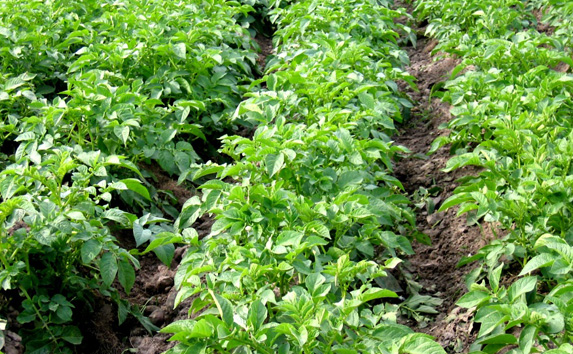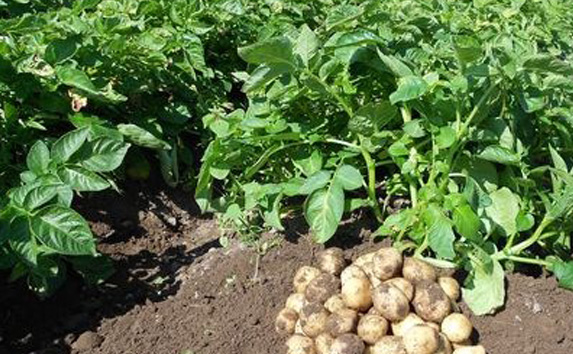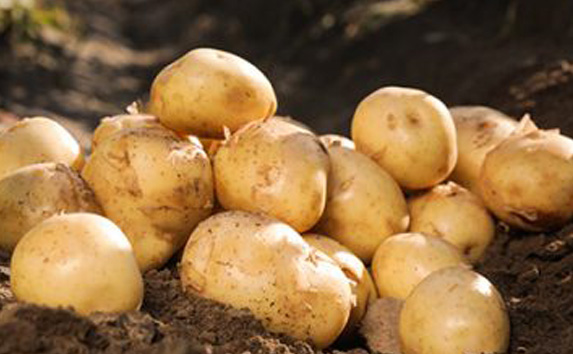Organic Potato Farming is not just a method; it's a commitment to quality, sustainability, and the environment. This innovative approach to potato cultivation has gained popularity for its numerous benefits. In this comprehensive guide, we will delve into the intricacies of Organic Potato Farming, providing insights, techniques, and answers to common queries.
In recent years, Organic Potato Farming has emerged as a leading practice in sustainable agriculture. This method prioritizes natural processes, eschewing synthetic chemicals and genetically modified organisms. By following organic principles, farmers not only produce healthier potatoes but also contribute to environmental conservation. Let's explore the various aspects of Organic Potato Farming in detail.
Organic Potato Farming is a holistic approach that emphasizes the use of natural resources and ecological processes to grow potatoes. It goes beyond the absence of synthetic chemicals and GMOs; it's about nurturing the soil, promoting biodiversity, and ensuring the well-being of both the crop and the environment.
Organic farming practices reduce the environmental impact associated with conventional farming. By avoiding chemical fertilizers and pesticides, organic potato farming helps preserve soil health and water quality, ultimately benefiting the ecosystem.
One of the key principles of organic farming is soil health. Through techniques like crop rotation and composting, organic farmers enhance soil fertility, ensuring sustainable yields year after year.
Organically grown potatoes are free from synthetic chemicals, making them a healthier choice for consumers. They retain more nutrients and are devoid of potentially harmful residues.
Organic farms provide habitats for a variety of species, from insects to birds. This biodiversity helps maintain a balanced ecosystem, promoting natural pest control and pollination.
Rotating crops helps prevent soil depletion and the buildup of pests and diseases. It's a cornerstone practice in organic farming, ensuring the long-term health of the potato crop.
Using organic matter like compost enriches the soil, providing essential nutrients for robust potato growth. It also enhances the soil's water-holding capacity, reducing the need for irrigation.
Beneficial insects, companion planting, and trap crops are some of the methods employed in organic farming to manage pests without resorting to chemical interventions.
Mulching and mechanical weeding are effective ways to control weeds in organic potato farming. These techniques maintain a weed-free environment without the use of herbicides.



